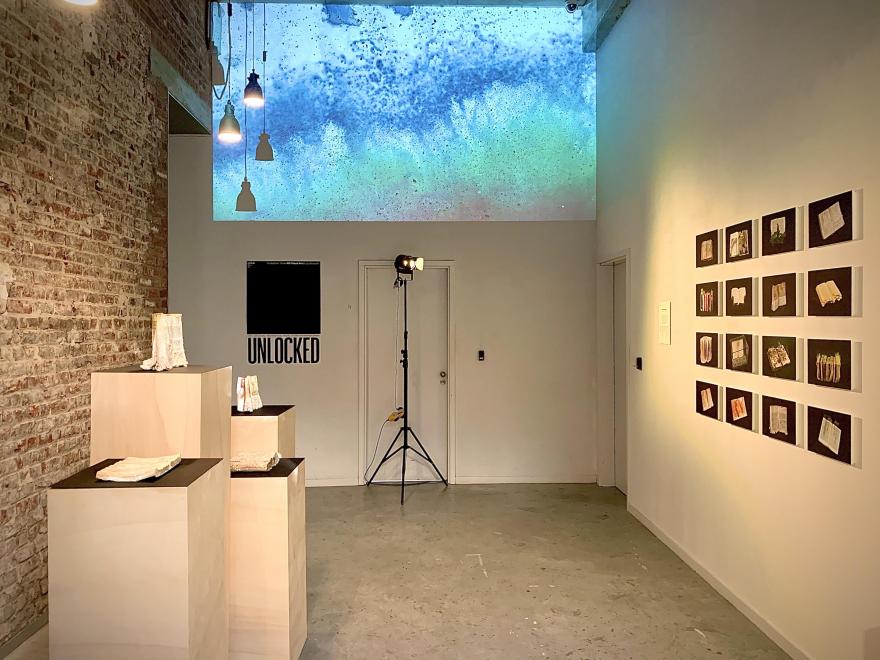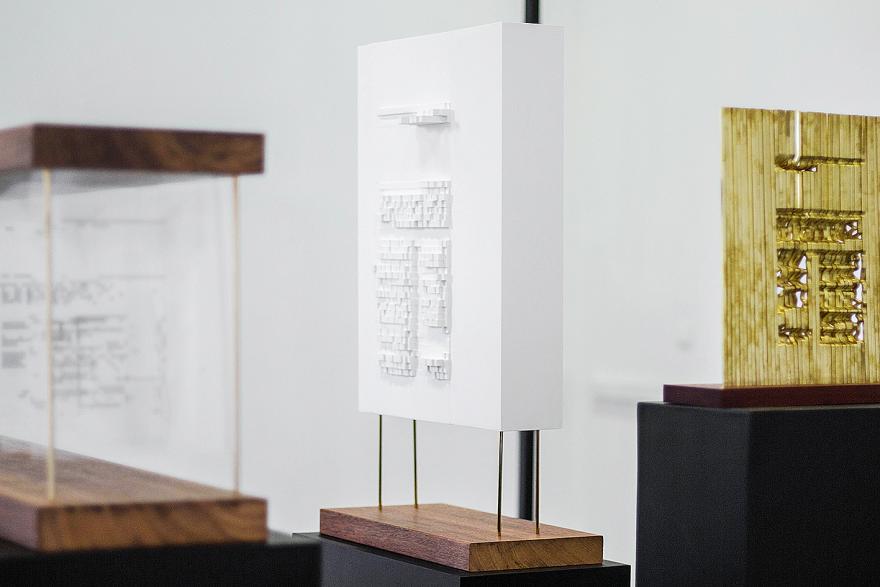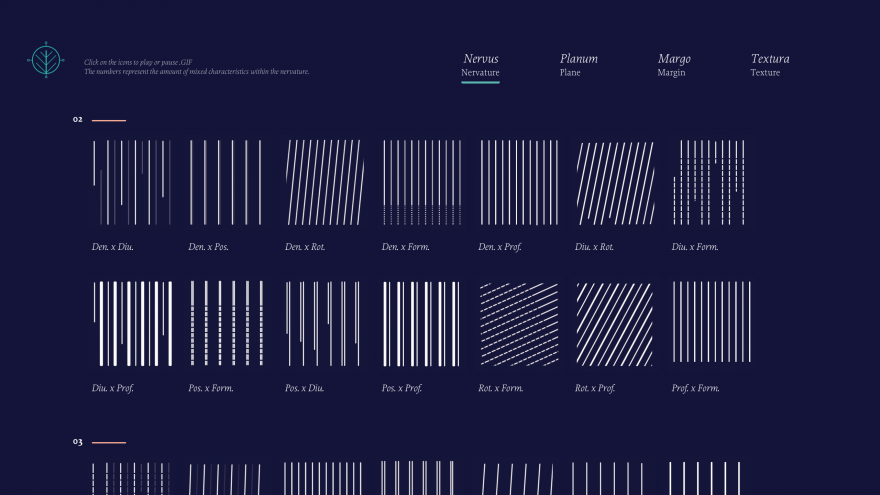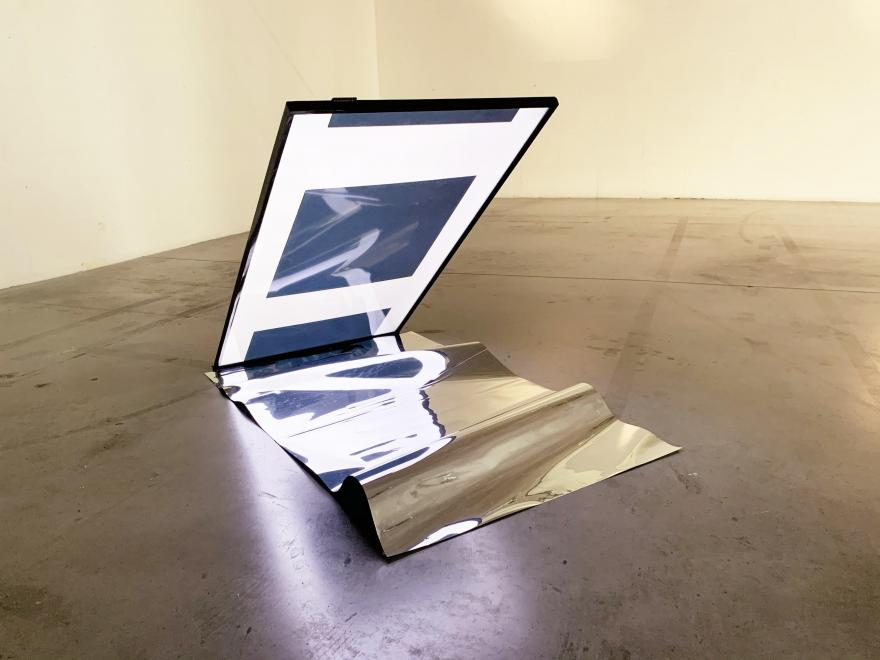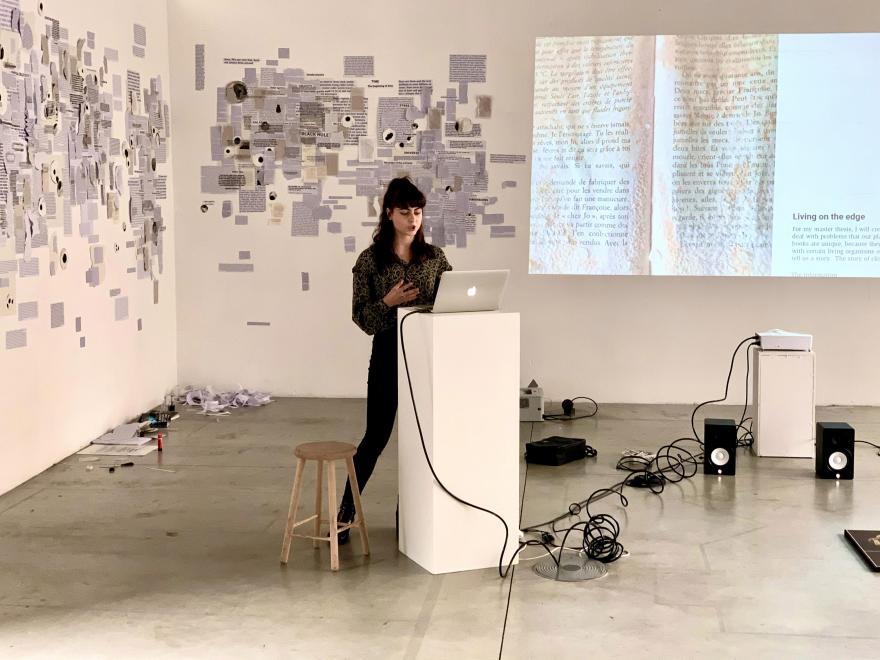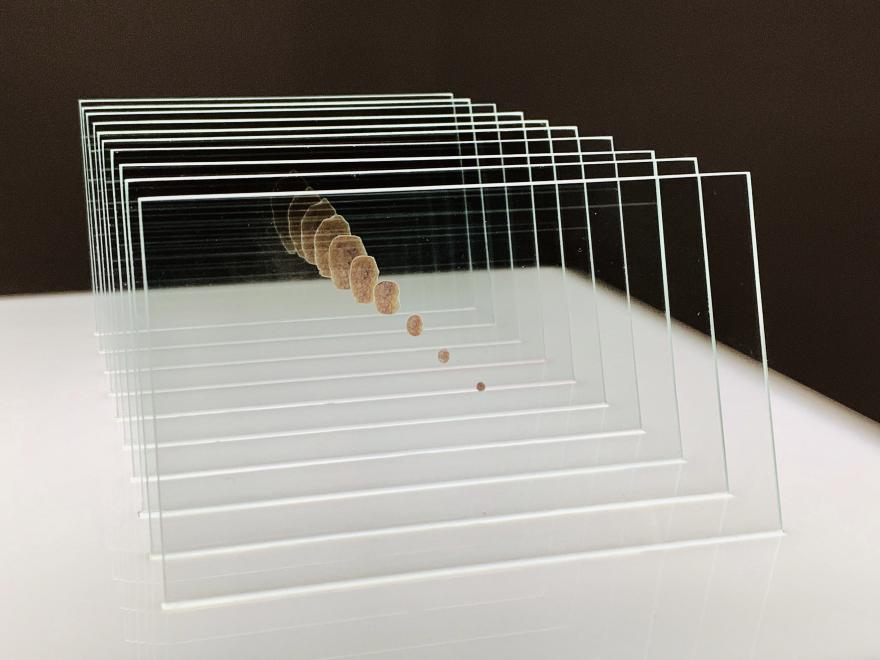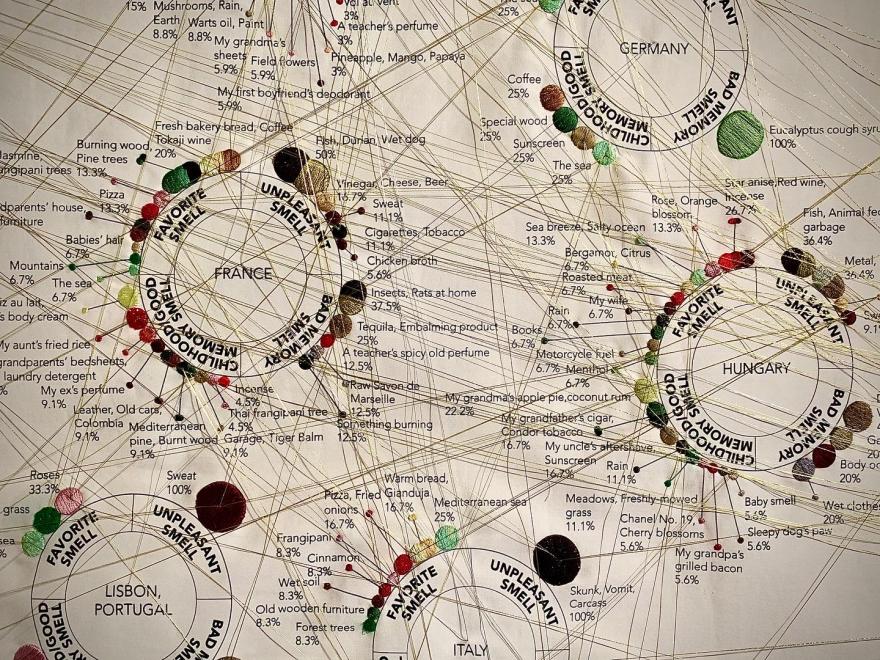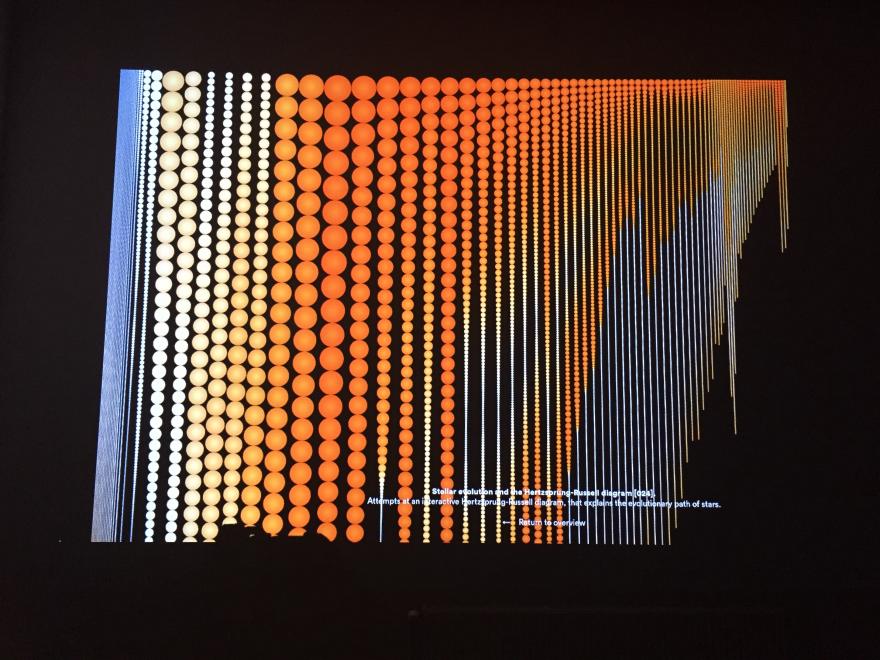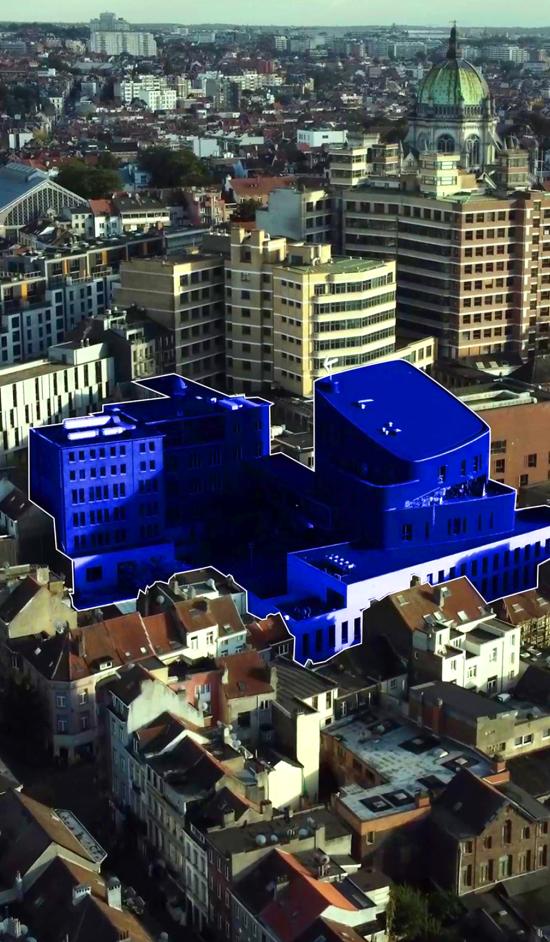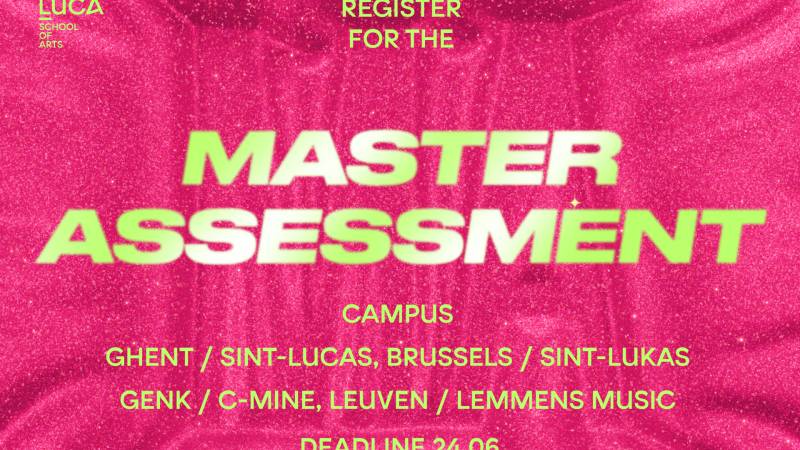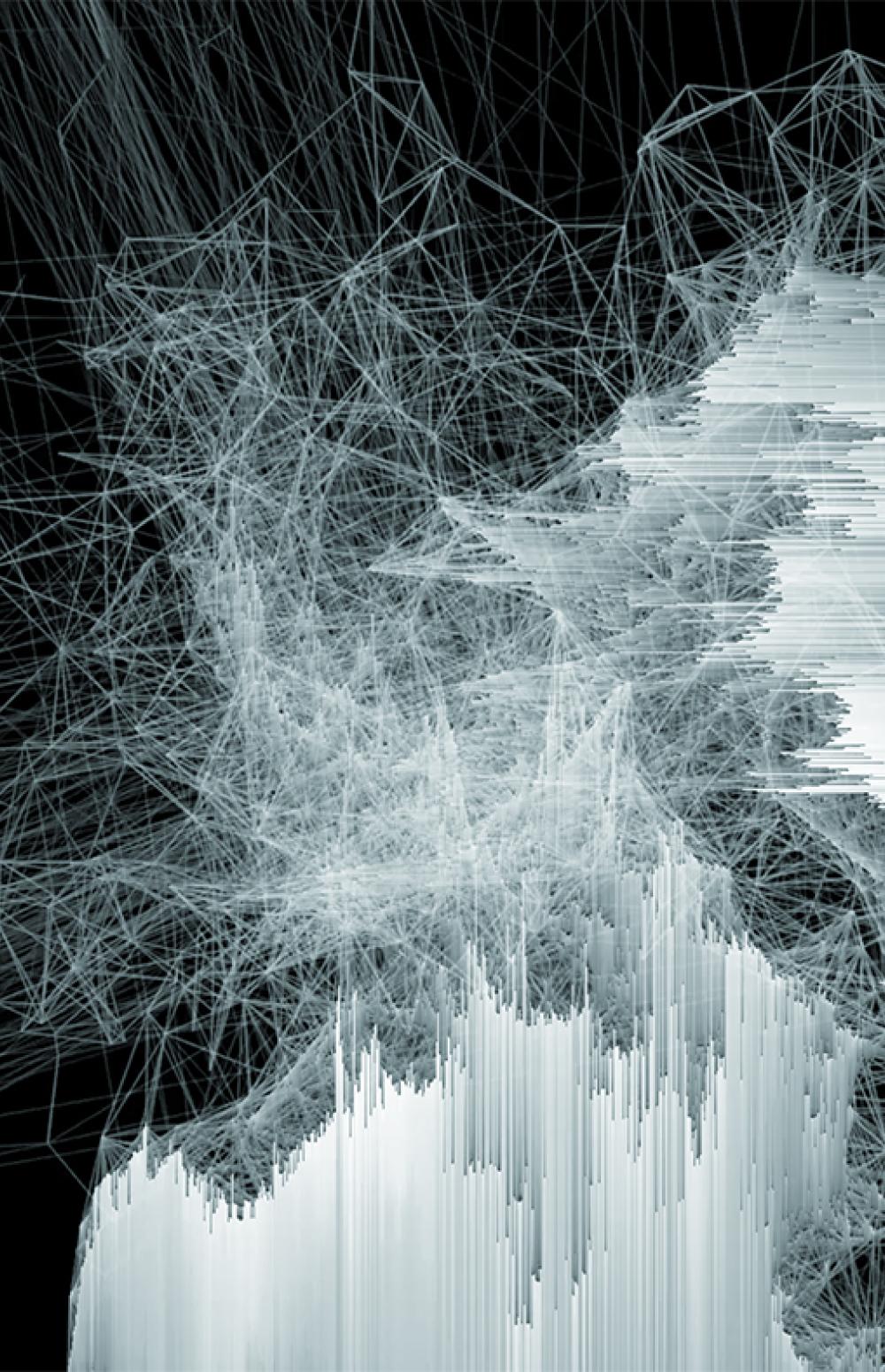
Campus Brussel / Sint-Lukas
Media & Information Design in Brussels
The master program Media & Information Design offers students the opportunity to explore newly emerging research domains in design and establish a distinctive state-of-the-art practice. The interdisciplinary curriculum fosters the development of work across boundaries, within the ever-expanding contemporary fine art and design disciplines.
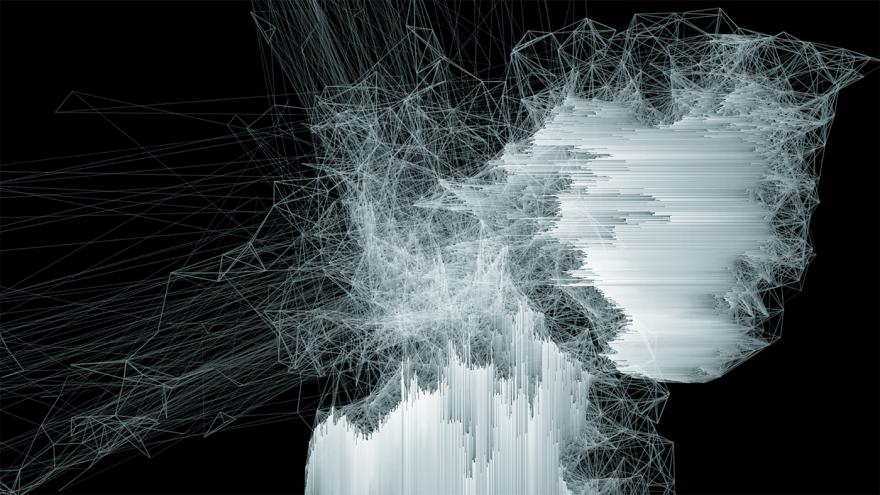
-
The master Media and Information Design is an internationally oriented program in which students are coached collectively and individually in Dutch and/or English.
-
Media and Information Design (short MIND) is situated at the crossroads between media, technology, art, and information design.
-
The program stimulates creativity, focusing on the contemporary needs of our mediatized and interactive digital world.
-
You will learn to shape complex information in a communicatively relevant, innovative, appealing, and enlightening way.
-
You have great independence as a student in choosing the type and subject of your master project and thesis. This autonomy and responsibility are central to the academic, research-oriented nature of the MIND program.
-
The MIND approach is multidisciplinary, combining theory with creative and technological research into both static and dynamic media. The program explores various areas of visual communication, including graphic design, information design, data visualization, editorial design, as well as interactive and spatial design.
On our blog https://media-information-design.be you will find a selection of the most remarkable designs created by students of the Media & Information Design education programme.
The master graduate project
As part of the master's graduation project, you develop and present your own creative work to a jury of teachers from MIND and external professionals in the field of art, media and design. While you have access to technical support, production assistance, and guidance from tutors, the project ultimately demonstrates your capacity to work largely independently. Your project is backed by a thesis that places your work in the context of current literature and discussions, demonstrating your skill in situating yourself within your selected artistic field.
Seminars
Seminars are an integral part of the master's program. LUCA has a particularly rich and diversified range of research seminars fed by the research groups of our campuses from Brussels, Ghent, Genk and Leuven. Each campus has its own researchers, research traditions and disciplines.
Together with your coordinator, you will select two seminars that match your ambitions. You can also choose from the courses given at the KU Leuven or its associated university colleges.
- Various sketching and drawing materials
- A laptop to work with various graphic applications. It contains at least an i7 quad-core processor of the latest generation, 16 gigabytes of memory and a solid state drive of 256 gigabytes. Preferably you have a laptop with an i9 quad-core processor, 32 gigabyte memory and a solid state drive of one terabyte.
- The graphics software package Adobe Suite can be installed through the school and is already included in your registration fee.
Interested in this course?
Enrollment procedure
The application and enrollment procedure at LUCA School of Arts consists in general of three steps.
- First you will have to submit an online Admissions application in which you will be asked to upload certain documents required for the Admissions’ diploma and language check. We will be checking if you meet with the diploma and language requirements.
- The second step continues with your participation in a Master Assessment.
- Step three is the final and binding (online) registration (for which you will receive a unique registration link after succeeding the Master Assessment).
Do you want to start a Master's degree at LUCA?
Then you must pass the MASTER ASSESSMENT
Where do you have class?
Facilities & campus life
Campus Sint-Lukas Brussels
Paleizenstraat 70
1030 Brussels
+32 2 250 11 00
An international campus and an added value to your programme
- A modern and open campus in one of Europe's foremost artistic hubs
- Studio's and workshops, a state of the arts lending service, high tech print rooms …
- A creative community with four educational institutions and over a thousand artist and designers
- An art library renowned for its collection in the country
- At walking distance of the Brussels North railway station
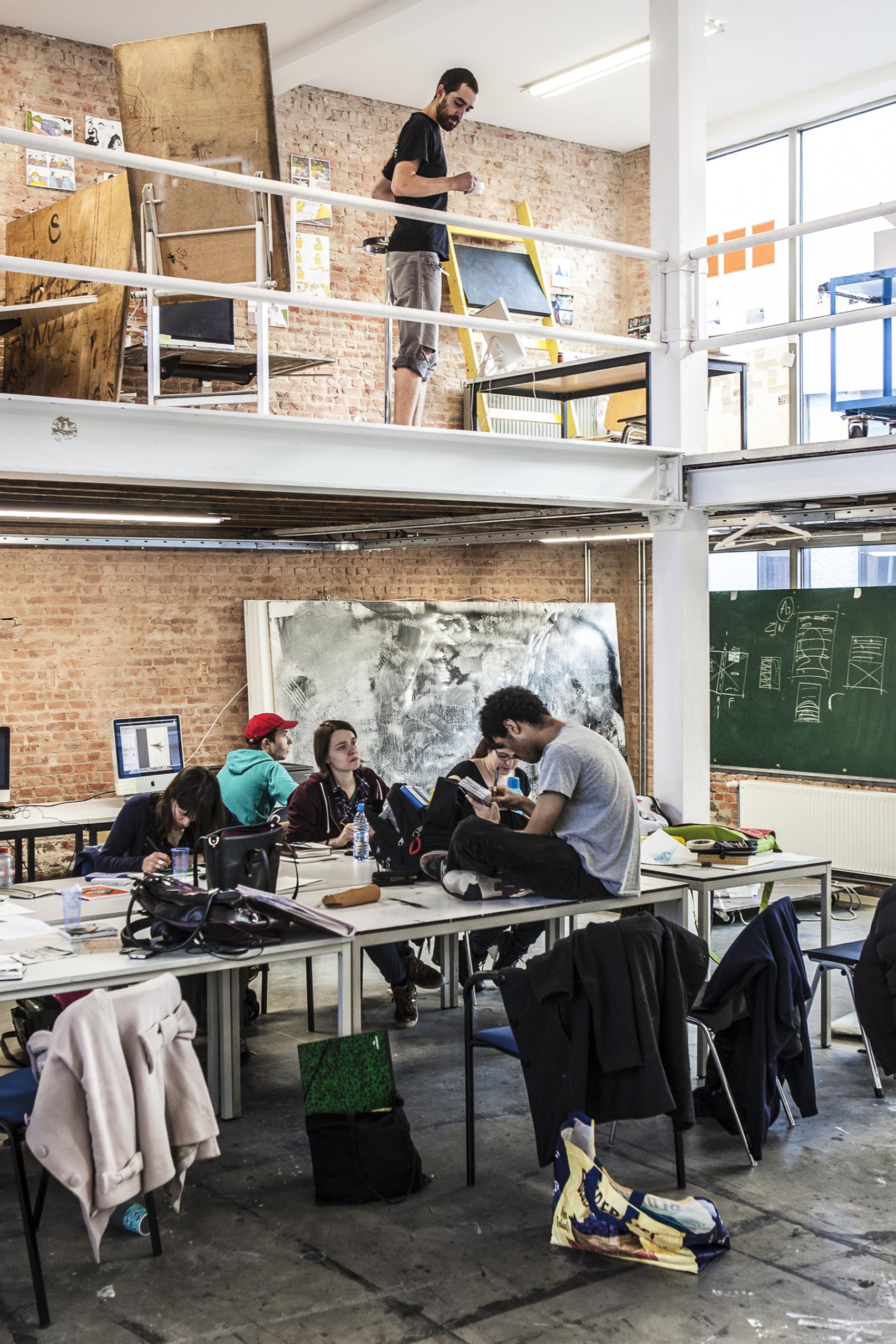
-
Our department hosts the “Spatial Computing Lab” (SCL*), an artistic and technological research space within the Mediated Environments research group. This media lab combines panoramic video and surround sound to create an immersive, real-time, and highly interactive environment. Using tactile interfaces, sensors, tracking systems, and technologies like virtual, augmented, and mixed reality, visitors are drawn beyond the static screen, enabling them to interact with technology in dynamic and meaningful ways within the physical world.
-
Our campus offers a wide range of technical workspaces, supported by professional supervisors. In the Print-Lab, you can print your work using high-quality printers, while the Luca-Lab allows you to laser cut or 3D print materials. For working with wood, metal, or other heavy materials, Luca-Construct is available. Additionally, we have professionally equipped film and photo studios, and you can borrow various audio-visual equipment for free through the Luca lending service. This is just a selection of the extensive resources available to you.
-
The Sint-Lukas Library, which is located on our campus - is Brussels's largest library of design and art books. The library is continuously updated and as a student you can borrow books or DVDs for free or consult current magazines.
-
Brussels is a vibrant home for more than 2,000 designers and artists. The international context of Brussels is very enriching.
-
The campus is within walking distance of the Brussels North station.
Contact
Heb je nog vragen? Contacteer ons vrijblijvend op bk.brussel@luca-arts.be
Paleizenstraat 70 / 1030 Brussels / +32 2 250 11 00 / facebook / Instagram
At LUCA we attach great importance to the quality of our courses
If the basic principle of the policy plan means that 'quality is our driving force', and that every aspect of the policy can be tested against this, then LUCA undeniably wants to develop and nurture a strong quality culture: a culture that leaves based on trust in people with talent and expertise, and which is aimed at valuing, inspiring and improving.
The formal quality framework for training within LUCA was named KOPERA, which stands for: Critically Analyzing the Quality of Training with Peers in Own Direction.
For KOPERA, LUCA starts from a vision of quality care that is based on trust and aimed at valuing, inspiring and improving.
During the six-year KOPERA cycle, each training course receives a panel of critical friends who examine the implementation of the quality characteristics and examine how the training contributes to the general LUCA policy.
The final element of KOPERA is the ultimate assurance of training quality. The key question is: "Does the program have a good quality culture that follows the 'plan-do-check-act' circle?"
LUCA publishes a quality sheet for each course. You can find this on the Education Quality page.
Start your career as an information designer
Many of our graduates continue their research well after their graduation, often combining this with a successful career within the broad field of graphic and web design, advertising, art criticism, curation, education, film production, visual journalism, museum and gallery work, public art projects, and event coordination.
'It took me years to understand it but the assignment to visualize The Periodic Table of Elements was the starting point of my career as data visualization designer. Even if it was not clear for me at the time, I was playing with data and its organization for the first time and I never stopped since.'
Giovanni Magni (oud-student en nu Head of Design bij Accurat, Studio for Data Visualization Design, Research and Innovation - Milaan)
Visit us
Are you curious about our approach to art education? During our open days, you will get all the information you need, visit the campus, talk to our teaching staff and students ... Still not convinced? Visit our graduation show! During this, on-campus two-day art festival you can experience first hand how good our students really are.
Teachers
Your teachers are graphic designers, information designers, typographers, media artists, data visualizers, web designers, researchers and theorists. They encourage you to critically assess your own work and thoroughly explore the ideas and practices of other designers, artists, and theorists in the field.
They will teach you to convey your ideas and support your choices effectively.
You will be guided by a team of experts, including Sandy Claes, Boris Debackere, Steven Devleminck, Johan Van Looveren, Bart Vandeput, Klaas Verpoest, Liesbeth Decan, Peter Degraeve, Volkmar Mulheisand, and Johan Teirlinck.
External expertise
• Guest lecturers are regularly invited to give workshops or lectures on specific expertise. To name a few: Johannes Bergerhausen (D), Irma Boom (NL), Catalogtree (NL), Peter Crnokrak (UK), Rose Epple (D), Joost Grootens (NL), Brody Neuenschwander (B), Stefania Passera ( IT), Gerlinde Schüller (NL), Andrew Vande Moere (B) and Underware (NL).
• Former students share their experiences about the professional field with students during our annual "DIP-Talks" evening. Alumni are also welcome.
